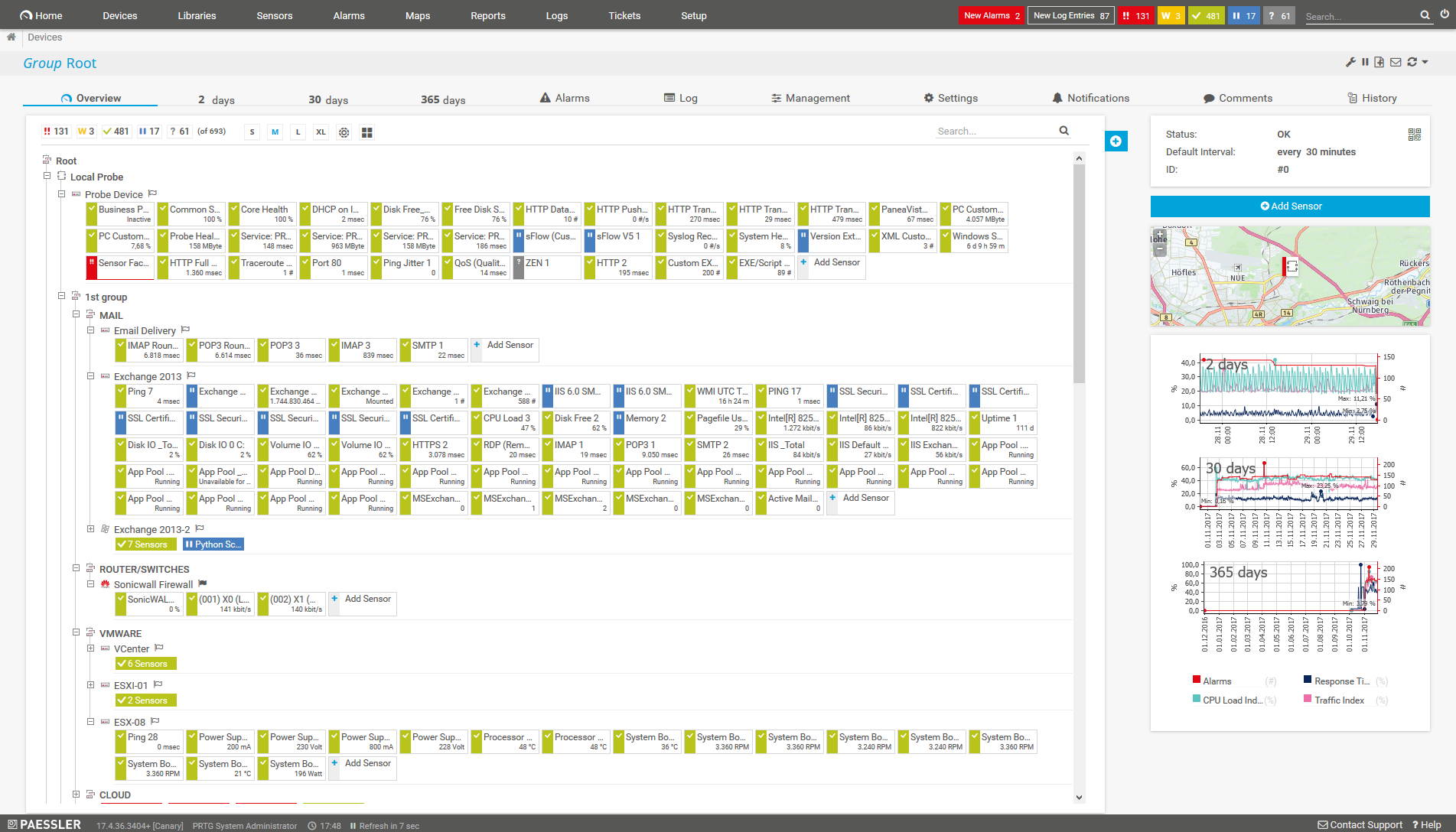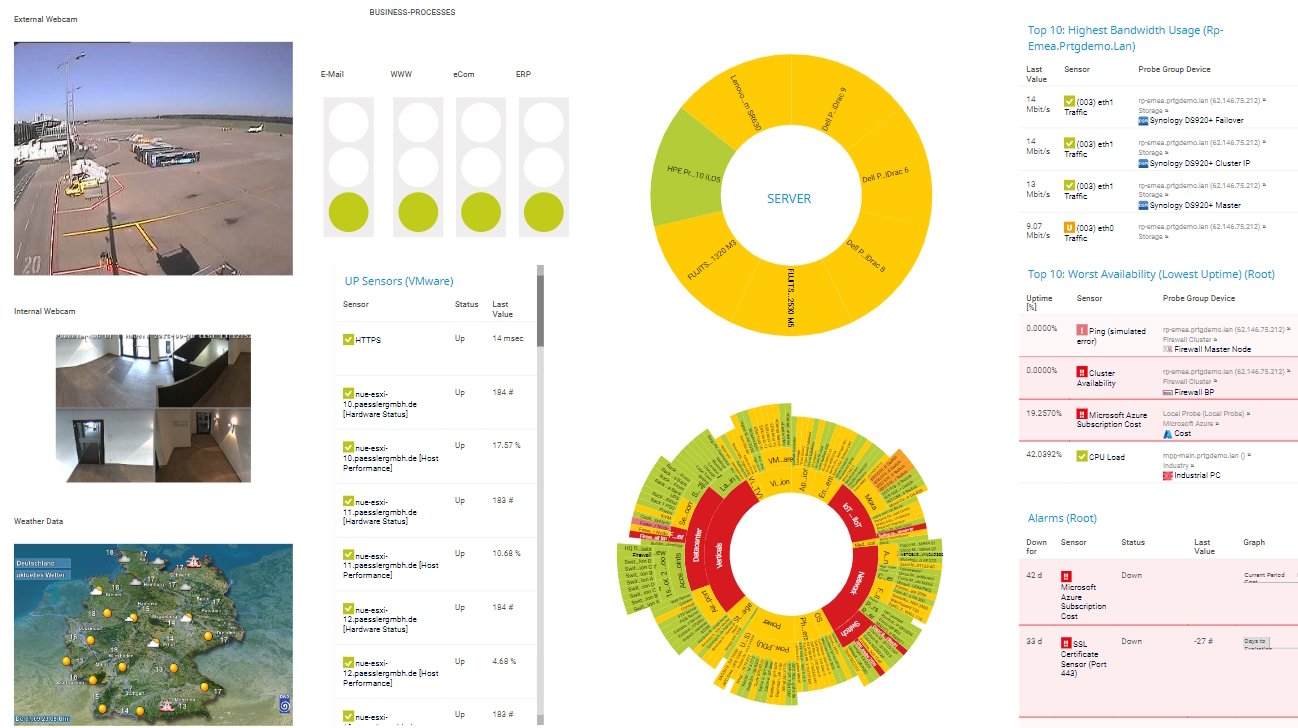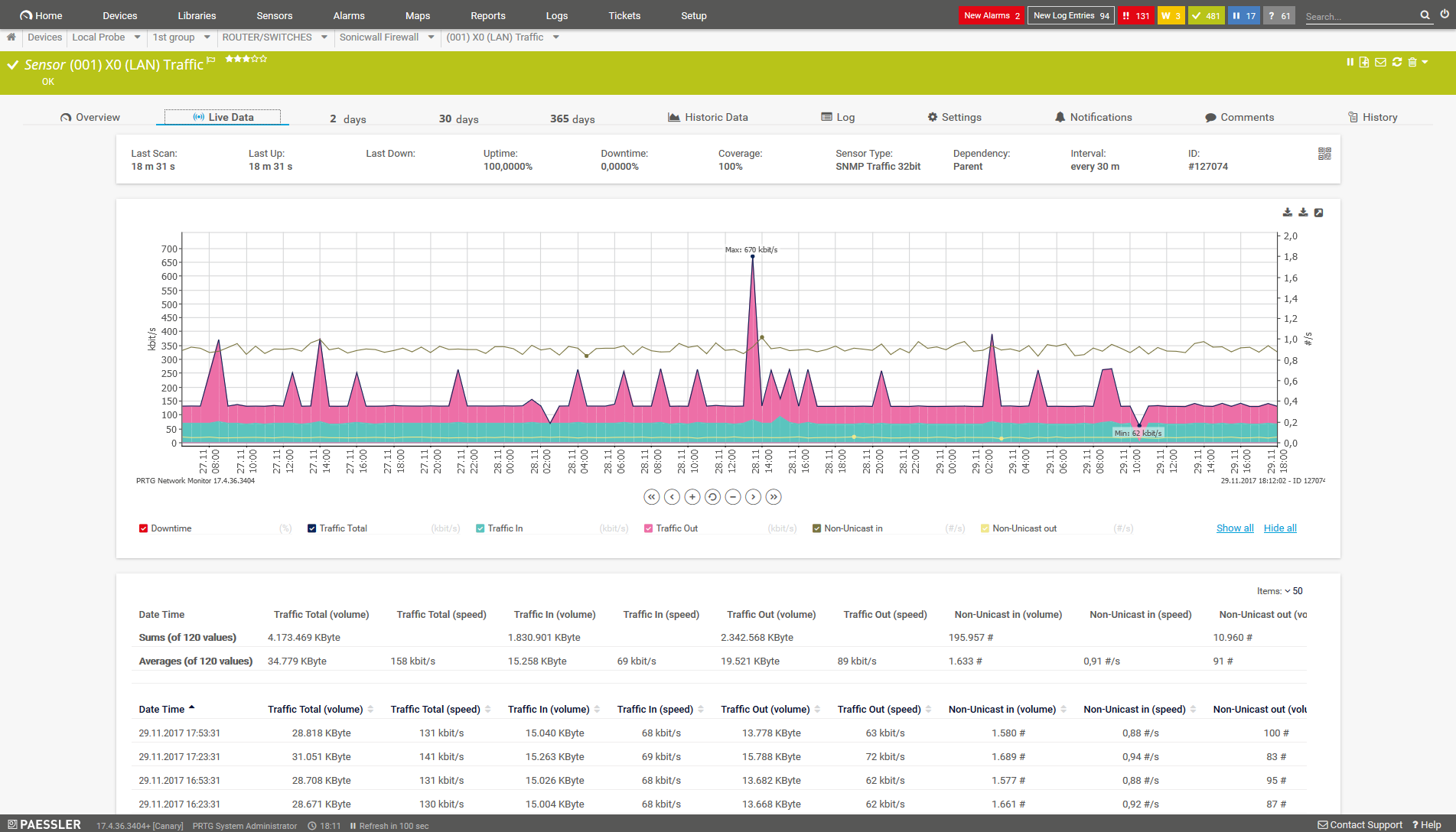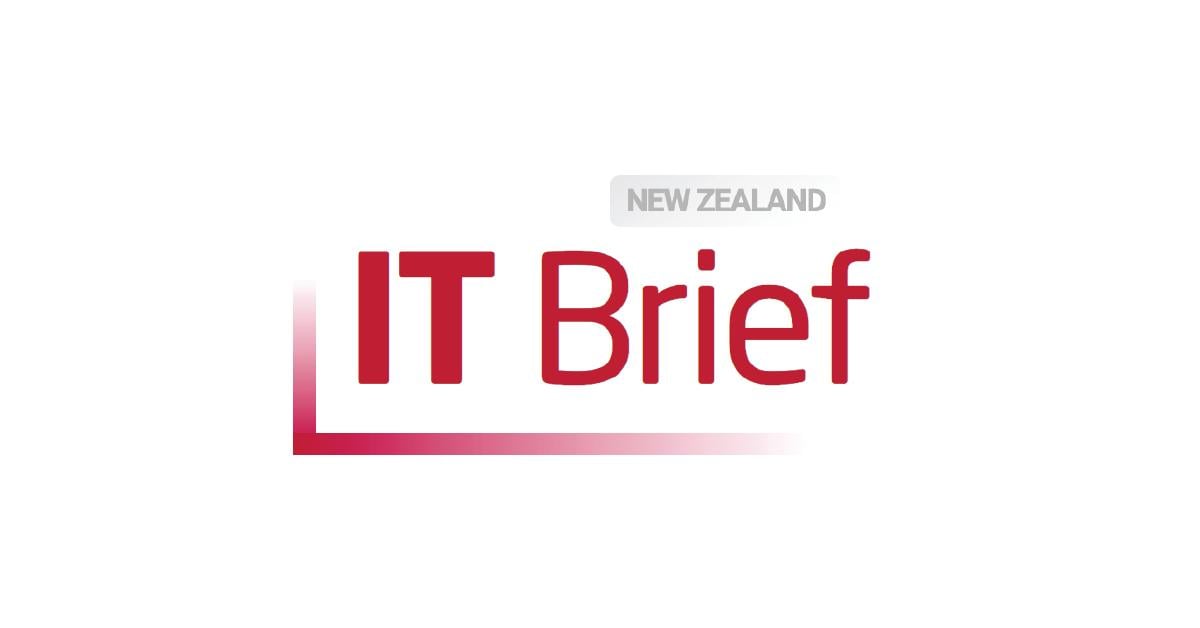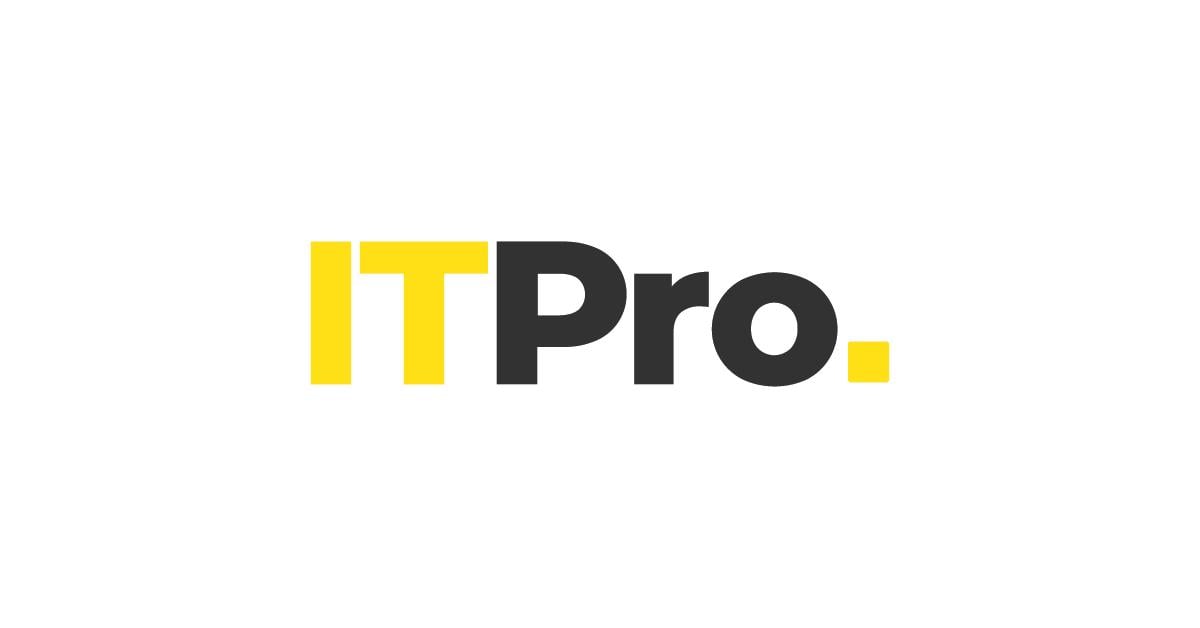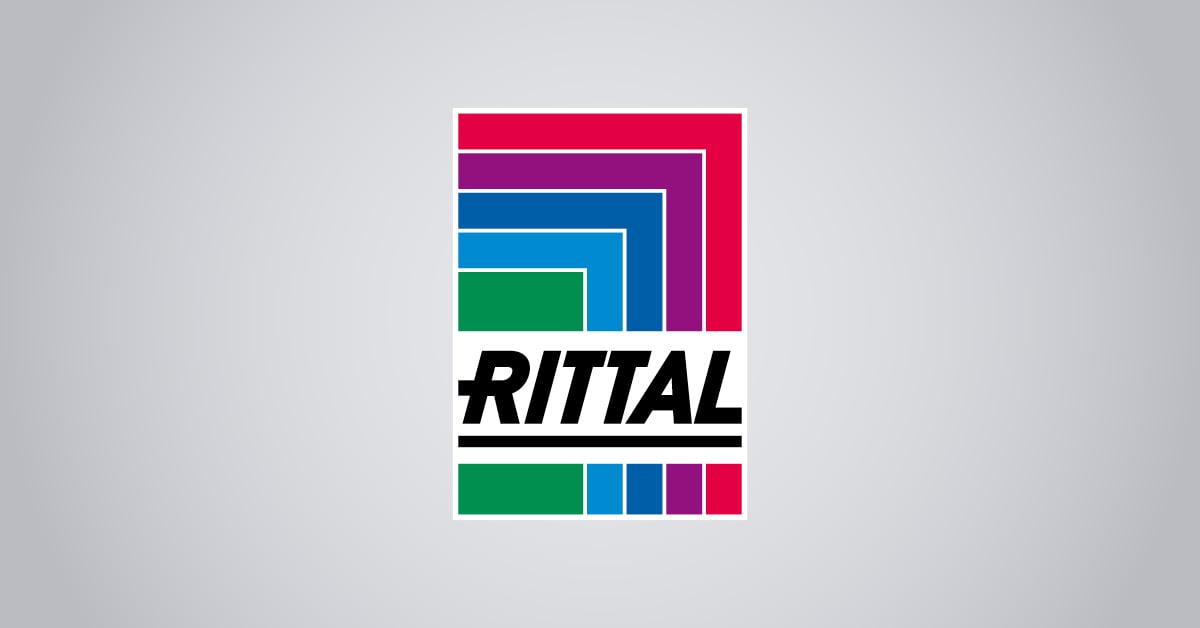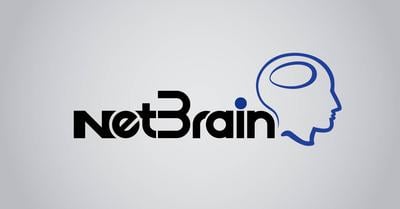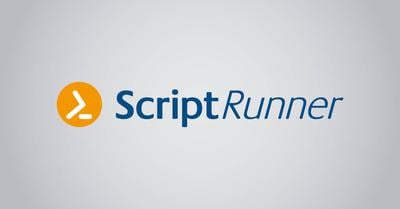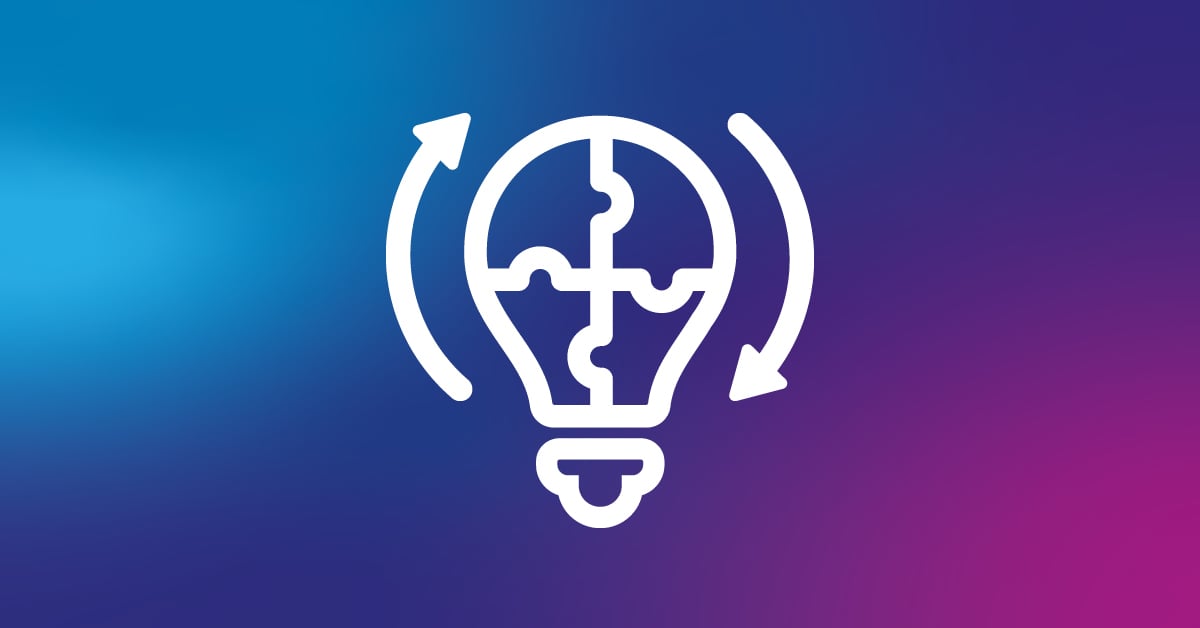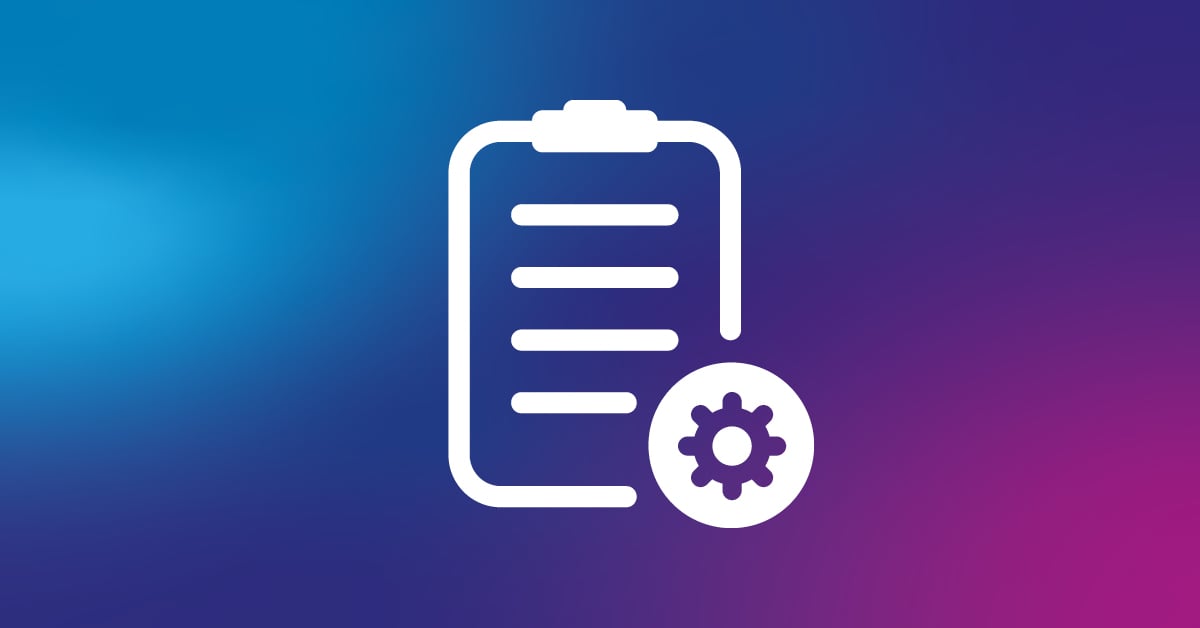Network traffic management with PRTG
Continuously optimize performance and maximize network security
- Keep track of network activity and bandwidth usage 24/7
- Identify network devices that generate high traffic
- Create in-depth reports to analyze network traffic
PRTG network traffic management: What you’ll find on this page
PRTG makes network traffic management as easy as it gets
Custom alerts and data visualization let you quickly identify and prevent business-critical network issues.
Avoid these problems with PRTG’s network traffic management
Network traffic management with Paessler PRTG uses network monitoring tools and in-depth bandwidth monitoring and network traffic analysis to ensure the continuous optimization of your network operations. Maximize the performance and security of existing networks, and identify network-intensive activities that can be incorporated into network planning and growth strategies.
Insufficient network performance
Monitor network devices such as routers, switches, or firewalls that are not configured properly, as well as application performance, which can quickly compromise your entire network.
This usually results in slow data transmission or network resources being no longer accessible. PRTG helps prevent downtime and enhance end-user experience.
Impairment of Internet access
Prevent poor network performance, which not only affects data traffic within a network, but also the access to resources on the Internet.
In fact, this can cause cloud-based applications to react very slowly or to be no longer accessible. Use PRTG to ensure uninterrupted Internet access and maximum productivity.
Disruptions of communication
Avoid problems in the local network of your company – and possibly remote locations linked through your WAN which can also be impacted.
It helps you avoid loss of access to centrally stored data or databases and collaboration platforms. This helps ensure the smooth workflow of employees who work on the road or in their home office.
What traffic monitoring looks like in PRTG
Diagnose network issues by continuously tracking traffic flows in your IT infrastructure. Show bandwidth usage, latency, VoIP and quality of service (QoS) stats, unusual traffic patterns, and other key metrics in real time. Visualize monitoring data in clear graphs and dashboards to identify problems more easily. Gain the overview you need to troubleshoot network congestion and other performance issues.
Start monitoring & managing network traffic with PRTG and see how it can make your network more reliable and your job easier.
Easy as 1-2-3: Manage your network traffic with PRTG
Monitor your entire network
By monitoring your network and its individual devices, you can quickly get an overview of the data traffic and also analyze it in more detail, as required.
Break traffic down, for example, by IP address, port, and protocol to get the insights you need. To do so, PRTG uses common technologies such as SNMP, flow (NetFlow, jFlow, sFlow, IPFIX), or packet sniffing.
Create reports to gain an overview
PRTG also provides you with reports according to your needs. This allows you to view and analyze your network traffic over a longer period of time.
This is especially helpful when there is a high volume of data traffic outside of working hours that would otherwise have gone unnoticed.
Manage your network traffic
PRTG helps you make better, more informed decisions with data generated by the sensors and analyzed reports.
For example, if increased traffic occurs at certain times, you can now define the cause and take appropriate action. This also empowers you to make better long-term resource planning decisions.
Find the root cause of the problem with our PRTG network traffic management solution
Real-time notifications mean faster troubleshooting so that you can act before more serious issues occur.
PRTG is compatible with all major vendors, products, and systems
Explore our preconfigured PRTG sensors for network traffic management
PRTG comes with more than 250 native sensor types for monitoring your entire on-premises, cloud, and hybrid cloud environment out of the box. Check out some examples below!
PRTG can do more
Show unusual network usage
PRTG not only informs you about traffic spikes and bandwidth bottlenecks in your network, but also shows you unusually high network utilization. This way, you can act early to prevent crashes and costly downtime – or even a cybersecurity threat.
Be informed the way you want
With PRTG, you can set up customized alerts and notifications via email, SMS, push, and other methods. You will be promptly alerted if a warning or error threshold is reached, so you can take action before real problems occur.
Enjoy all-in-one monitoring
PRTG comes with predefined sensors for many manufacturers you can use out of the box, as well as an alarm system and technical support. If you opt for a license, you’ll get access to its full range of monitoring features for your entire IT infrastructure.
Your network traffic manager at a glance – even on the go
Set up PRTG in minutes and use it on almost any mobile device.
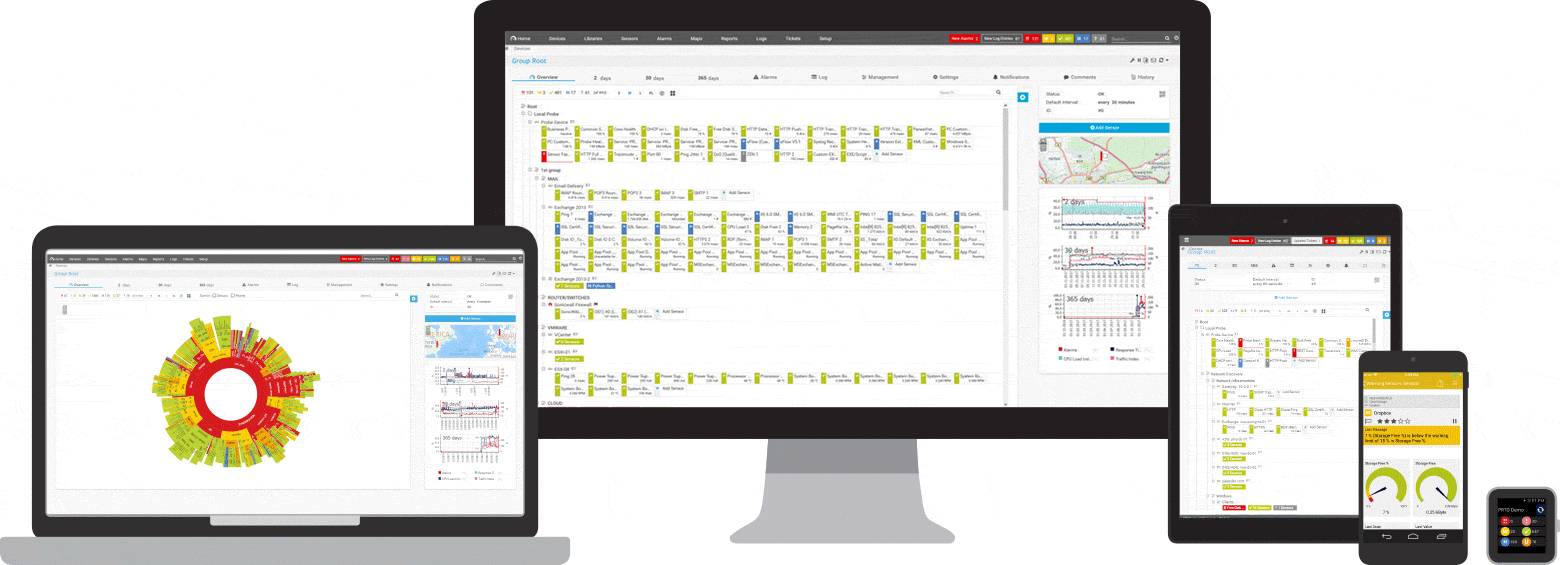

Create innovative solutions with Paessler’s partners
Partnering with innovative vendors, Paessler unleashes synergies to create
new and additional benefits for joined customers.
ScriptRunner
With ScriptRunner, Paessler integrates a powerful event automation platform into PRTG Network Monitor.
“Excellent tool for detailed monitoring. Alarms and notifications work greatly. Equipment addition is straight forward and server initial setup is very easy. ...feel safe to purchase it if you intend to monitor a large networking landscape.”
Infrastructure and Operations Engineer in the Communications Industry, firm size 10B - 30B USD
PRTG makes network traffic management as easy as it gets
Custom alerts and data visualization let you quickly identify and prevent business-critical network issues.

PRTG: The multi-tool for sysadmins
Adapt PRTG individually and dynamically to your needs and rely on a strong API:- HTTP API: Access monitoring data and manipulate monitoring objects via HTTP requests
- Custom sensors: Create your own PRTG sensors for customized monitoring
- Custom notifications: Create your own notifications and send action triggers to external systems
- REST Custom sensor: Monitor almost everything that provides data in XML or JSON format
We asked: would you recommend PRTG?
Over 95% of our customers say yes!
Paessler conducted trials in over 600 IT departments worldwide to tune its network monitoring software closer to the needs of sysadmins.
The result of the survey: over 95% of the participants would recommend PRTG – or already have.
Still not convinced?
More than 500,000
sysadmins love PRTG
Paessler PRTG is used by companies of all sizes. Sysadmins love PRTG because it makes their job a whole lot easier.
Monitor your entire IT infrastructure
Bandwidth, servers, virtual environments, websites, VoIP services – PRTG keeps an eye on your entire network.
Try Paessler PRTG
for free
Everyone has different monitoring needs. That’s why we let you try PRTG for free.
Start monitoring & managing network traffic with PRTG and see how it can make your network more reliable and your job easier.
|
PRTG |
Network Monitoring Software - Version 25.1.104.1961 (April 7th, 2025) |
|
Hosting |
Download for Windows and cloud-based version PRTG Hosted Monitor available |
Languages |
English, German, Spanish, French, Portuguese, Dutch, Russian, Japanese, and Simplified Chinese |
Pricing |
Up to 100 sensors for free (Price List) |
Unified Monitoring |
Network devices, bandwidth, servers, applications, virtual environments, remote systems, IoT, and more |
Supported Vendors & Applications |
|

